|
With systems of equations, I tried something new for review. Instead of doing the normal routine of making a review assignment and then having students solve it, and then having the students who don't do the assignment be the ones who need to do it the most--I had students make their own review assignment. Hey, why not? Here are the directions I gave to the class (link to Google Doc here):
Here are the sections we covered this chapter: 6-1: Graphing Systems of Equations 6-2: Substitution 6-3: Elimination using Addition and Subtraction 6-4: Elimination using multiplication 6-5: Applying systems of Linear Equations 6-6: Systems of Inequalities At first, there where the obligatory moans from the classroom when I introduced the assignment. But, when I told them they only had to create 6 problem--one from each of the sections for the chapter--the mood changed. Don't get me wrong, they didn't cheer or anything, but I did have buy-in from most of the class. When students asked me what a certain section was about, I directed them back to their textbook. I have both an in-class set and we have online pdf's so access should be an issue. Students checked their 'correct' solutions using Desmos. I appreciated how much this pushed students to understand the mechanics of solving systems of equations on a deeper level. It's one thing to use an algorithm. It's another to intentionally break the algorithm and see what you get when you break it. Sadly, this assignment didn't fix the problem of students who really really need to work on the assignment not doing the assignment. I guess if I had the magic fairy dust to fix that, I would be a very rich man. If I had to change one thing about this task next year, it would be that students didn't really know what I expected of them; there was some confusion as to what the end product might look like. So, I took pictures of this year's work to show to next year's students. I can usually go through the pictures without saying a word. Students start to get a pretty good intuition about what 'good work' versus 'bad work' feels like. This looks nice. This... doesn't look as nice. Here's some examples of student-created practice tests. I've included four different levels: -the "Oh my goodness, can I frame this?" -the "Good attempt but struggles with organization" -the "I appreciate how much effort you put into this but it took me some time to figure it out", and -the "Can you walk me through this, please?" Excellent Work: Good attempt but can use a little more organization to help the reader understand what's happening: Solid Effort: Can you walk me through this, please?: Thanks to Dan Greenberg for the idea!
What to do in Geometry after finishing up our circles unit with one day left before Spring break? Algebra review in the form of art class!
Here's some of the work my students elected to turn in. I gave them one class period to work on it and asked them to turn in whatever they had. If students wanted to do more, they could but it was not required. Hence the varying degrees of completeness. I think they did brilliant! For some reason, every year I trick myself into believing next year I will do better at managing my time and posting to my blog. Next year. Here's a bit of what we've been up to lately: Backs to front review for our unit on circles. I love how loud this gets! Floodlights lesson introducing similar triangles. Big honking whiteboards. Too tall to measure using proportionality and similar figures. Math Outside! Speed dating review on simplifying rational expressions. We call it 'speed therapy' because dating in middle school causes all sorts of commotion. Exponential Dice (thanks to Kate Nowak!) Any reason to get students out of seats and still focused on content is a good reason.
All sorts of wonderful things can be said of Mary Bourassa's Which One Doesn't Belong. This year I've started incorporating it for new families of functions in Algebra 1. We have great 10 minute discussions about how each of the options could be thought of as not belonging to the group. In light of these brilliant compare and contrast sessions we have throughout the year, I plan to attempt a review project having students create their own WODB for different families of functions. Here's the plan:
Here's my handout. The file is linked below.
|
Andrew Busch
I teach Math at Ralston Valley High School in Arvada, CO. Categories
All
Archives
March 2019
|
||||||
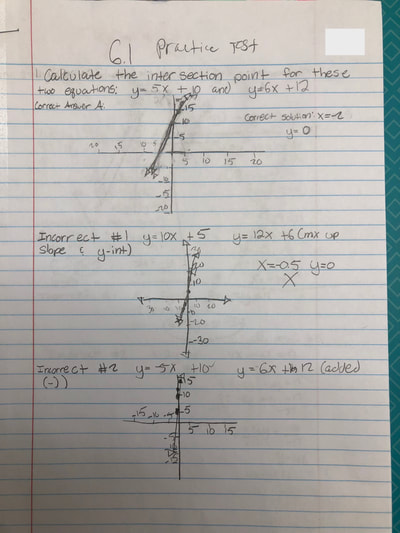
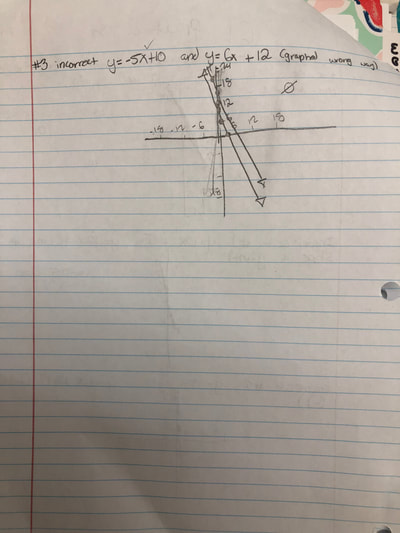
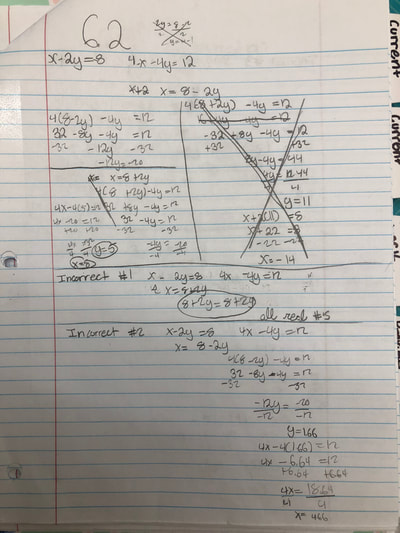
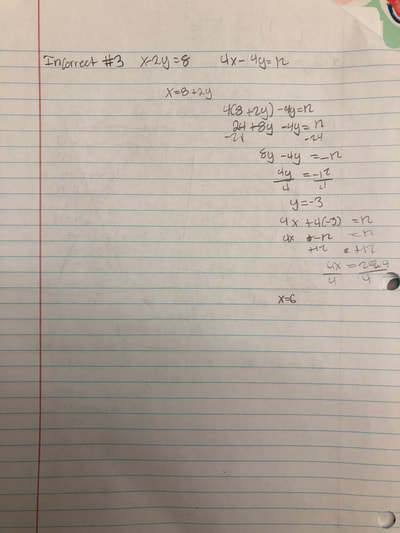
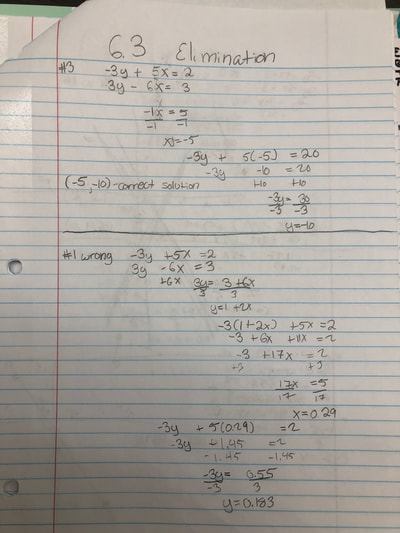
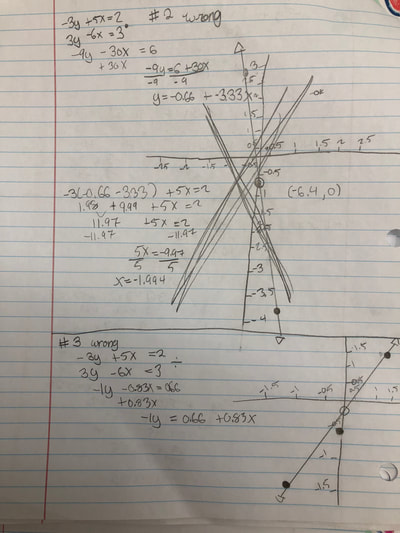
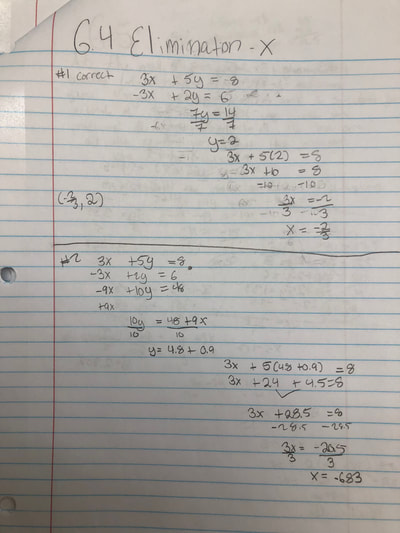
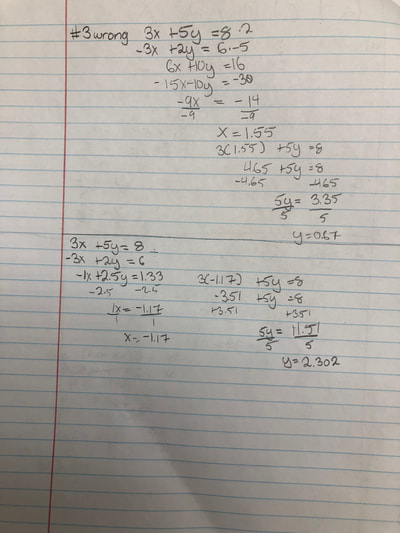
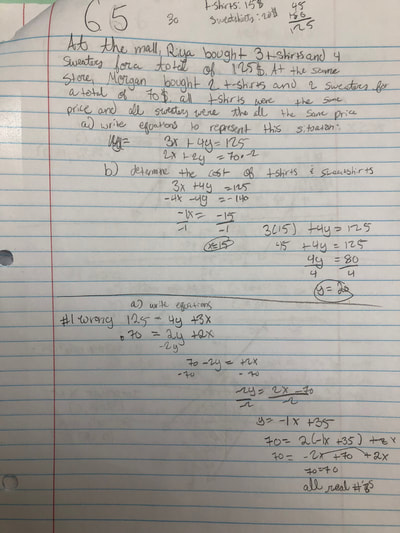
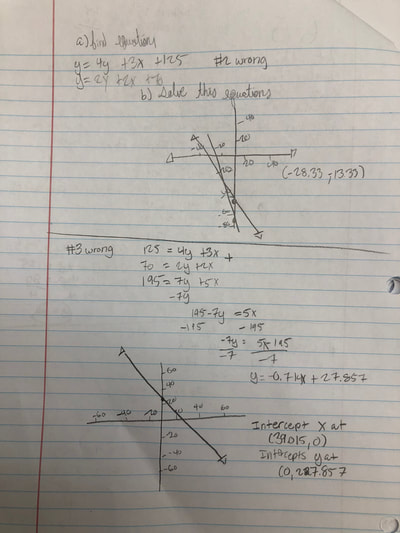
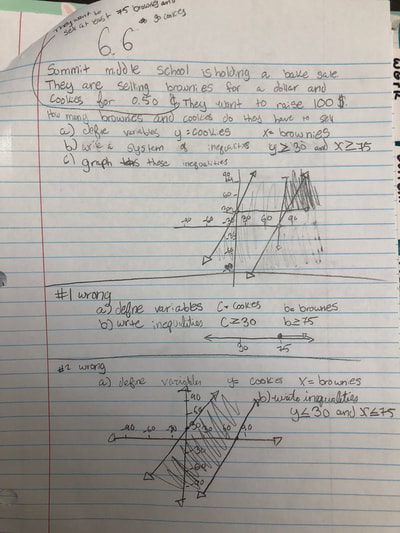
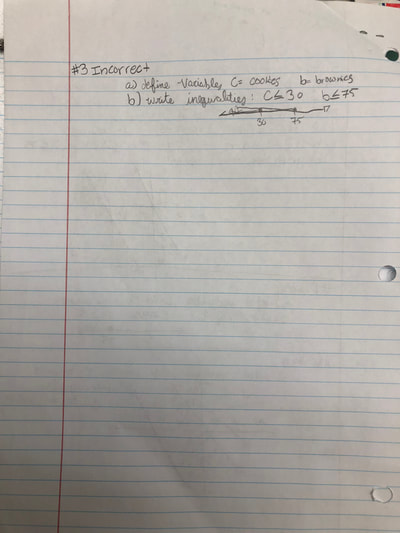
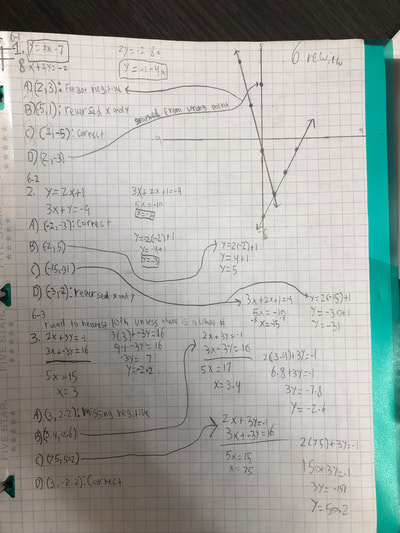
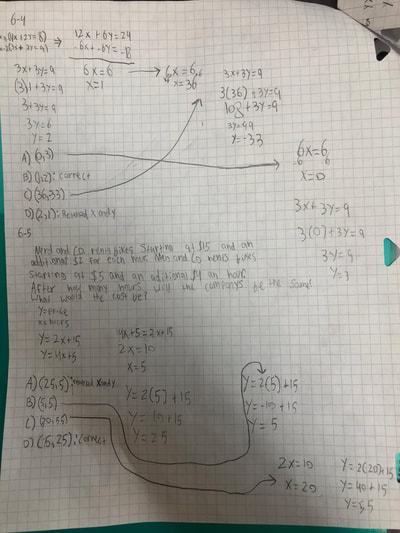
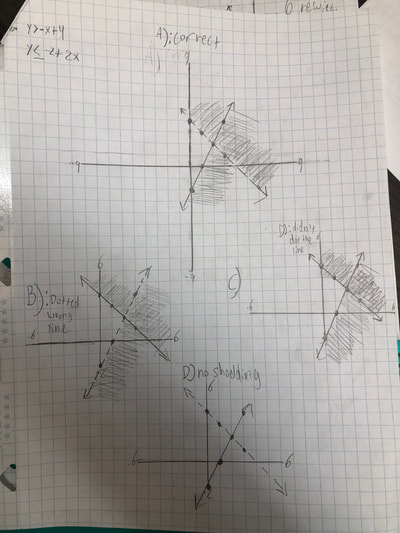
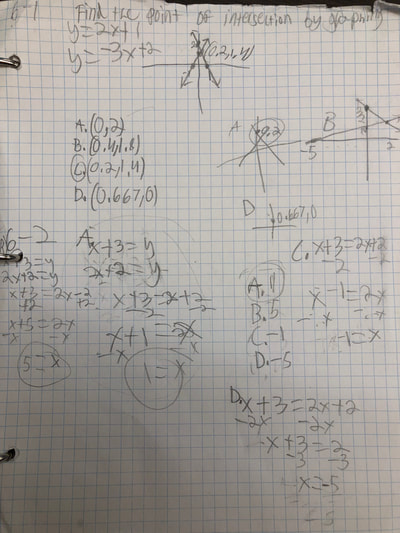
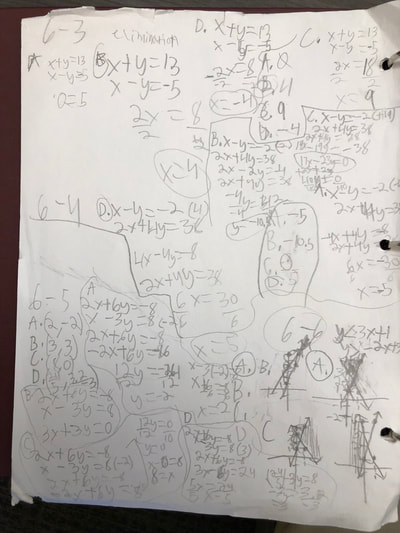
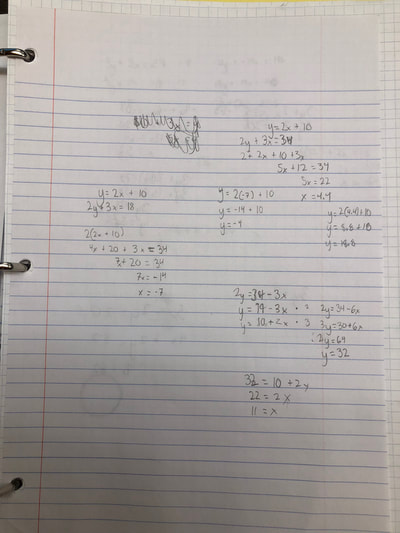
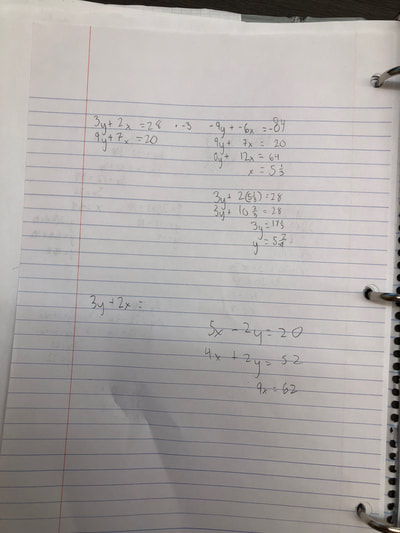
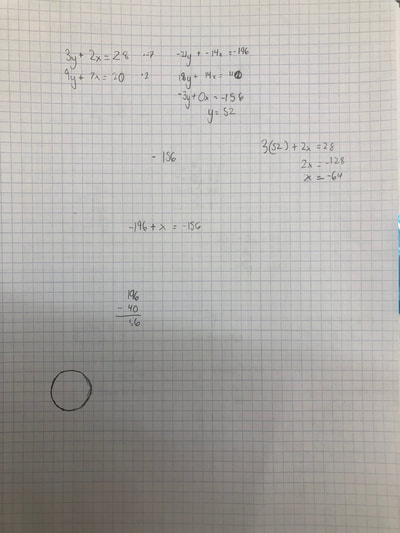
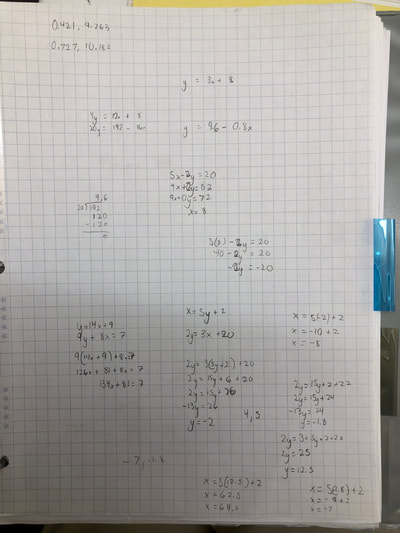
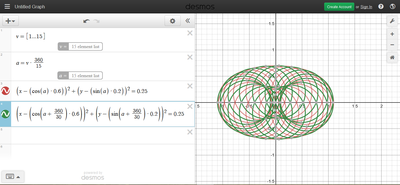

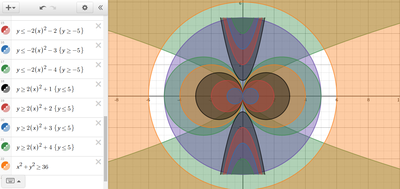
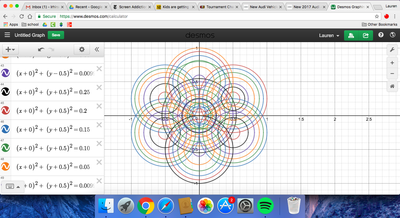
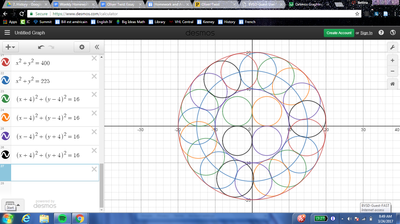







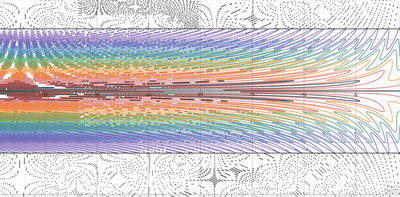
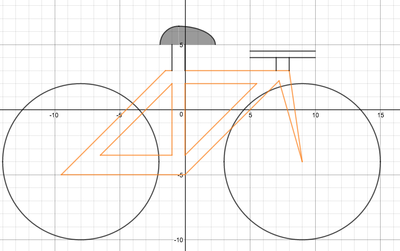
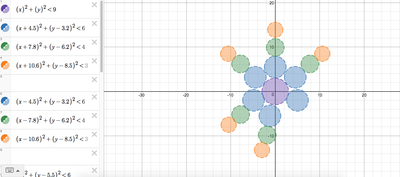
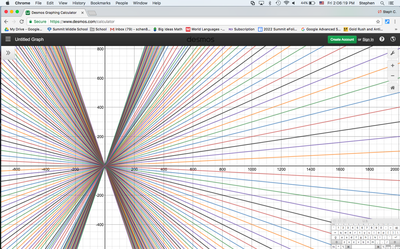
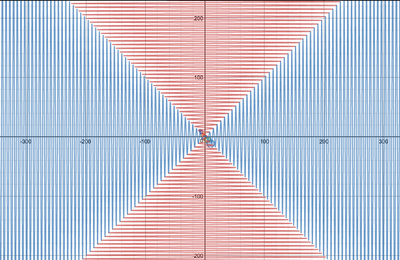
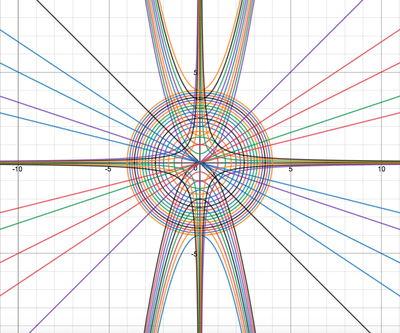

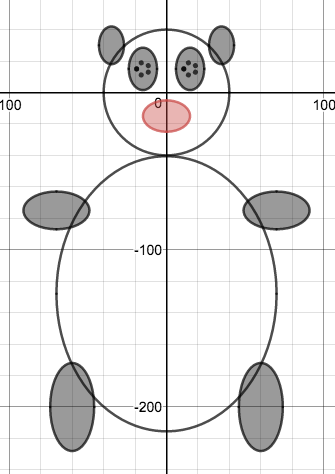


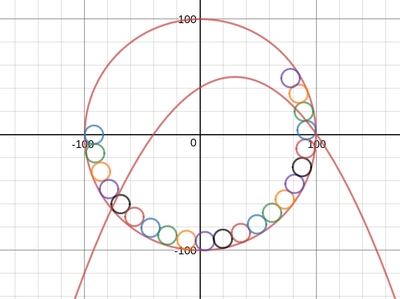

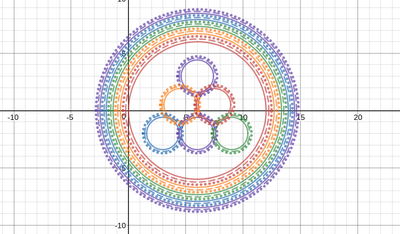
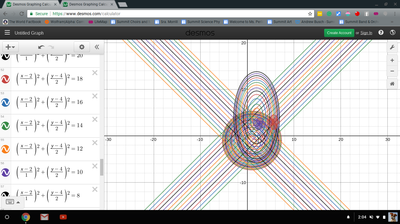
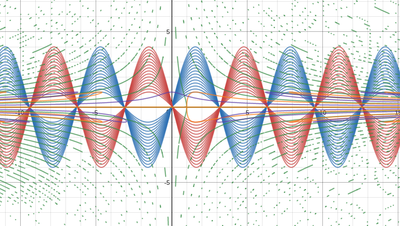
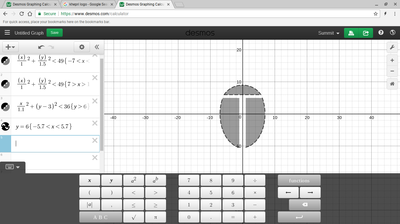
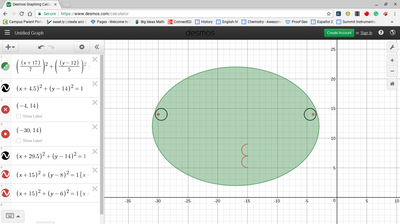
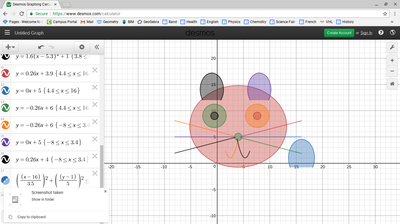
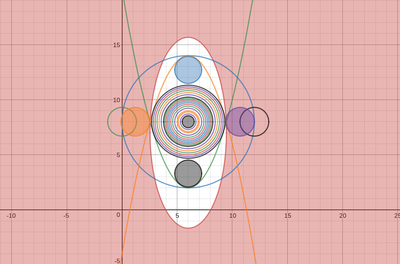

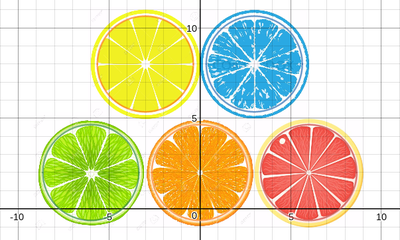
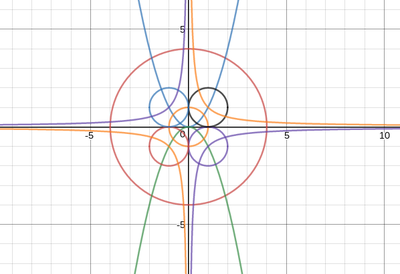
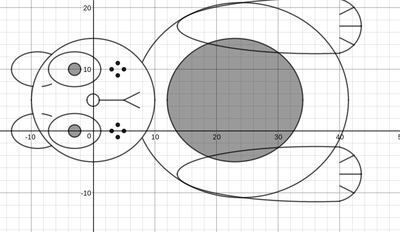
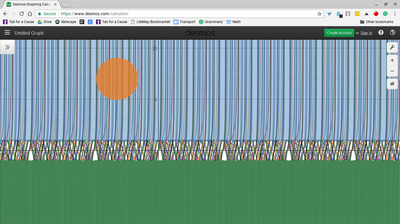

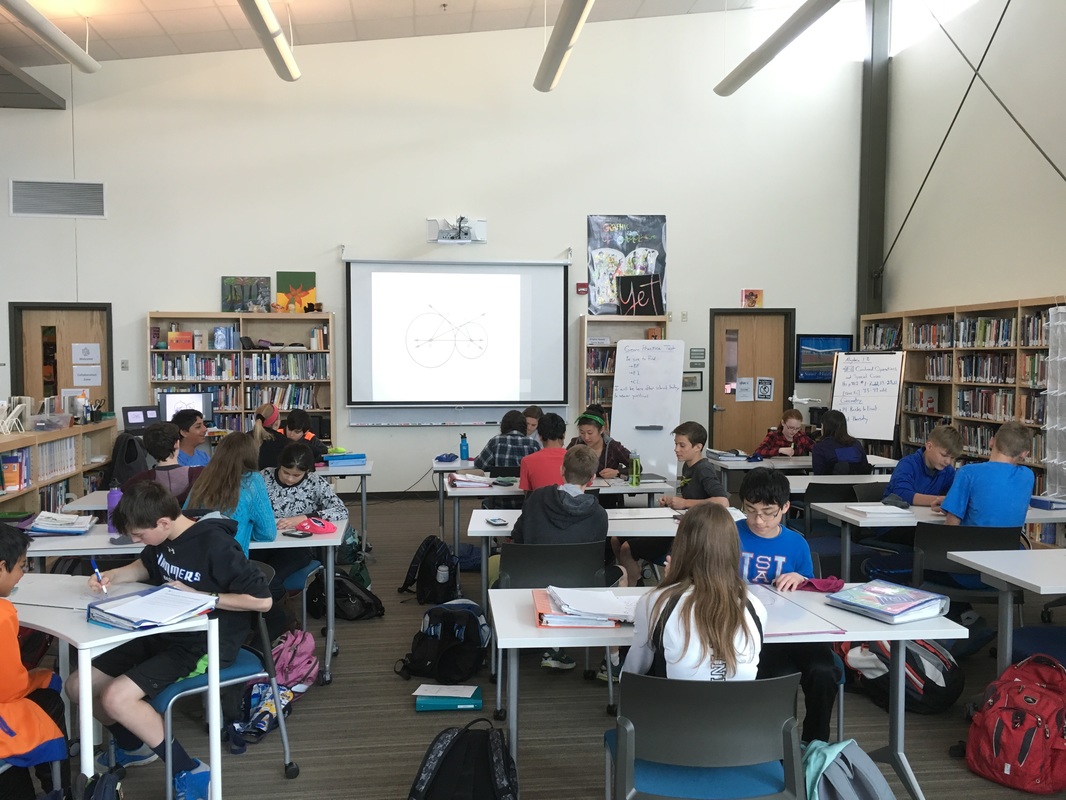
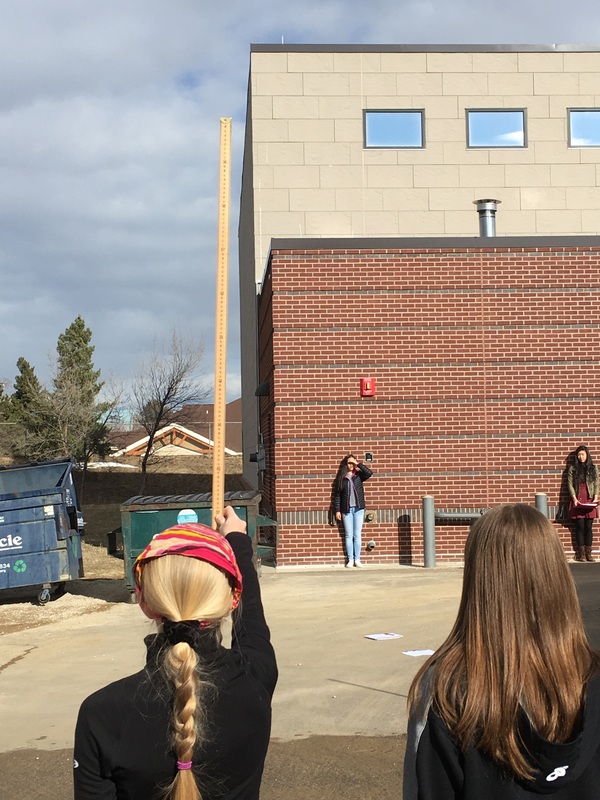
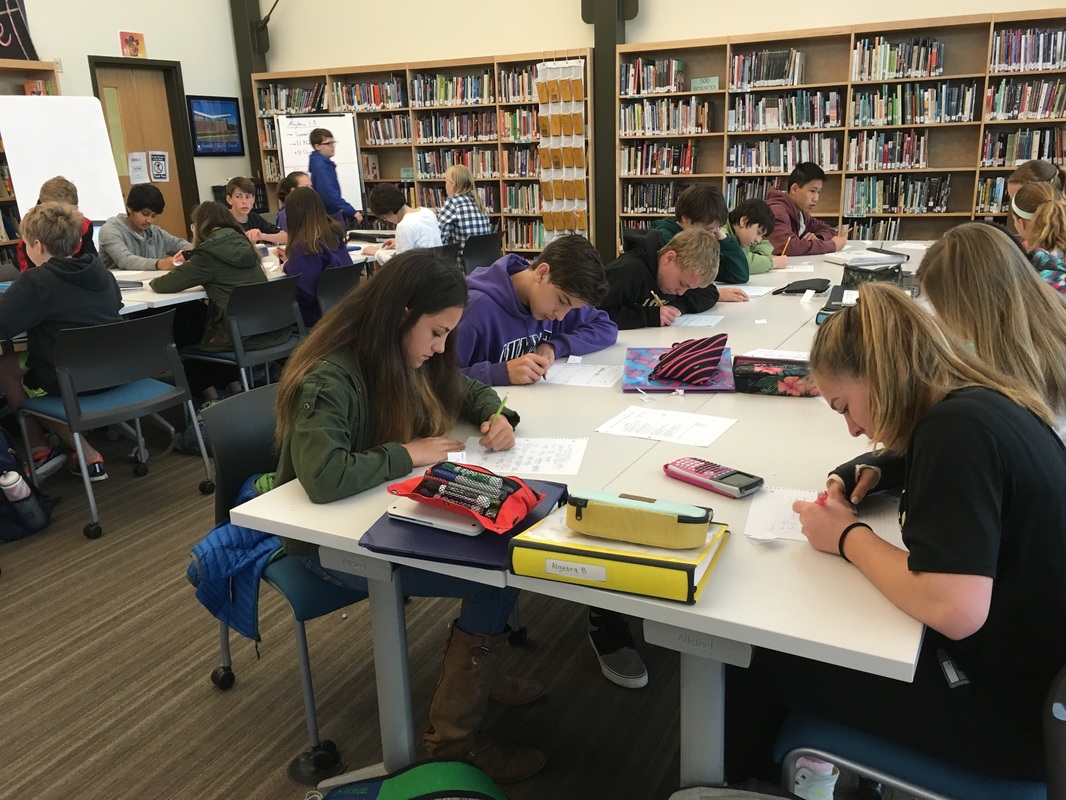
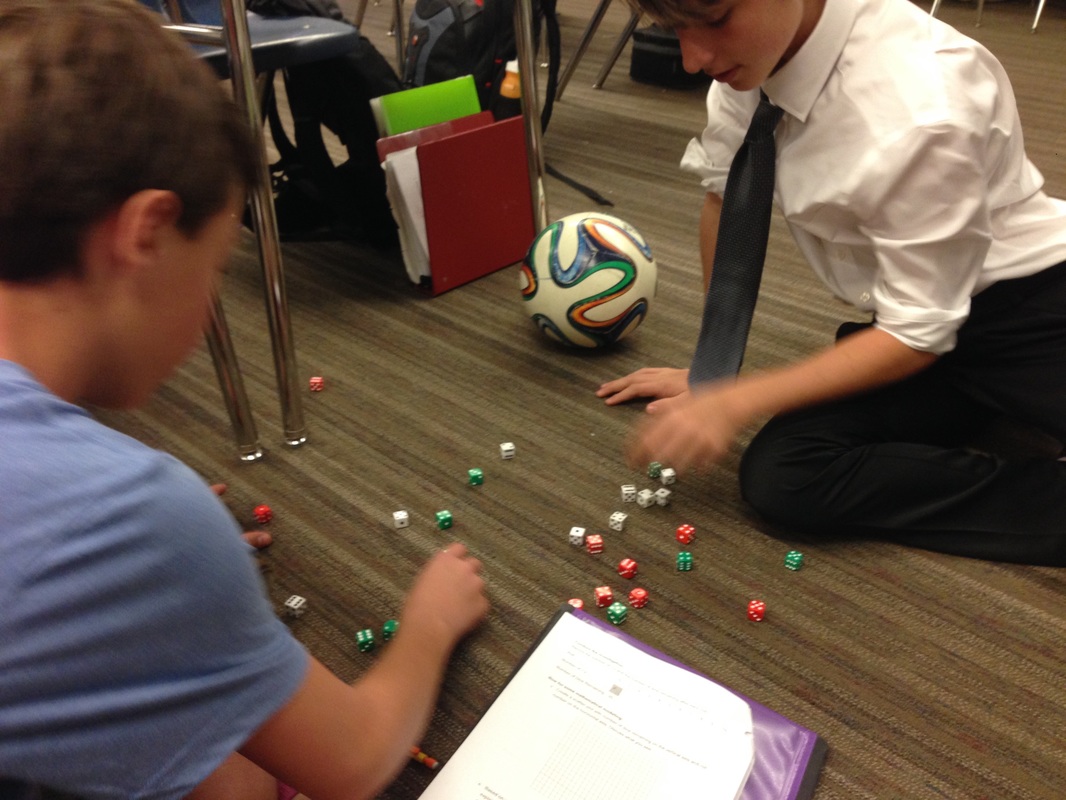
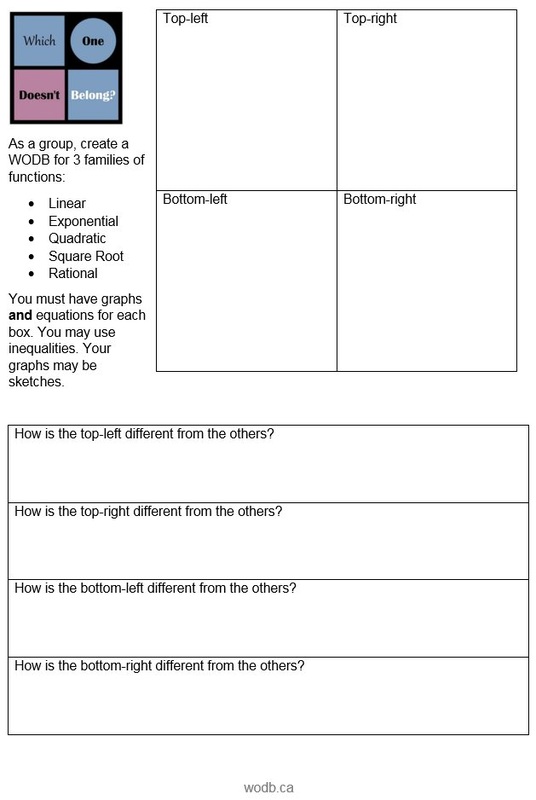
 RSS Feed
RSS Feed



